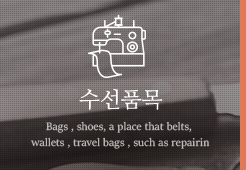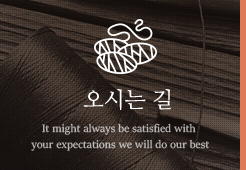Yi Jung-jae The author is a columnist of the JoongAng Ilbo.
It was about this time two years ago when I met Song Seung-hwan in Myeong-dong, downtown Seoul, for the last time. He still wished to be referred to as an actor instead of the slew of other titles he had — a professor, producer and arts entrepreneur. He looked at me sideways instead of straight on. It was a habit he took on since his deepening loss of vision from retina cellular disease. “I now understand why blind people look at others sideways,” he said. Song was also losing his sight.
He felt something wrong in March that year. He completed the colossal work of orchestrating the opening and closing ceremonies of the 2018 PyeongChang Winter Olympics. He first thought it had come from overwork and stress. But rest did not help. He went to every famous doctor to stop his loss of vision. They all could not pinpoint the cause or cure. What was most frustrating was that he did not know when he would entirely lose his sight. He pinned his last hope on alternative medicine. Though it was a long shot, he could not give up.
It was harder for him because he was a celebrity. Above all, he could not greet people first because he could not recognize them. He chuckled as he talked about how he made the font on his smartphone screen bigger to check messages and how he learned to check emails through voice assistant. He showed off how bright the phone flashlight can be.
He had one wish. He hoped to see his face and perform on stage again. I wept on my way home. It was saddening to see him, holding up with brightness even as he was losing the light.
Last week, I met him for the first time in two years — on stage. He performed an aging actor-manager from “The Dresser” at Jeongdong Theater. Every move from Song’s finger to face showed how much he had missed the stage. I was moved by every scene. He chose his comeback work himself.
The play that premiered on the West End in 1980 is set in London in 1942 at the height of World War II. Theaters provided the sole comfort to Londoners who constantly lived in fear of German air raids. The actor and theater manager “Sir,” however, did not stop staging the play “King Lear” even as bombs were dropping outside. He dies while giving his life’s best performance. His dying wish is to be remembered by others as “the most wonderful thing in life is to be remembered.”
Why Song chose the play as what could be his last moment on stage was understandable. He did not return just because his vision improved a bit. (The loss of vision suddenly stopped late last year, as if by a miracle.) After that, the darkening of the world paused for a moment. That was enough for him.
In a curtain call, he thanked the audience in a teary voice. “I never imagined I could perform again. Your prayers have brought me up,” he said. When he murmured, “How much am I supposed to endure?” that reflected all the pain he had to persevere to take the stage again.
Song may have been posing the question to himself. He too could be asking how much more he had to endure down the road. His production company is barely surviving. His iconic production “Nanta” was suspended since spring for the first time since it was first performed in 1997. “The show must go on,” Song said as he went on with his play under German air raids. The world is at a standstill, terrorized by the unwavering pandemic. But the show must go on. People must endure and survive in their own ways. My old friend has taught me a lesson for life.
- 서울특별시 송파구 잠실동22-6번지 리센츠상가 제지하1층 제에이51호ㅣ H.P : 02-2203-8988 , 010-4715-0060ㅣ 대표자 : 강수필 | 사업자등록번호 : 704-35-00254
- Copyright © 2016 진품사. All rights reserved.




















